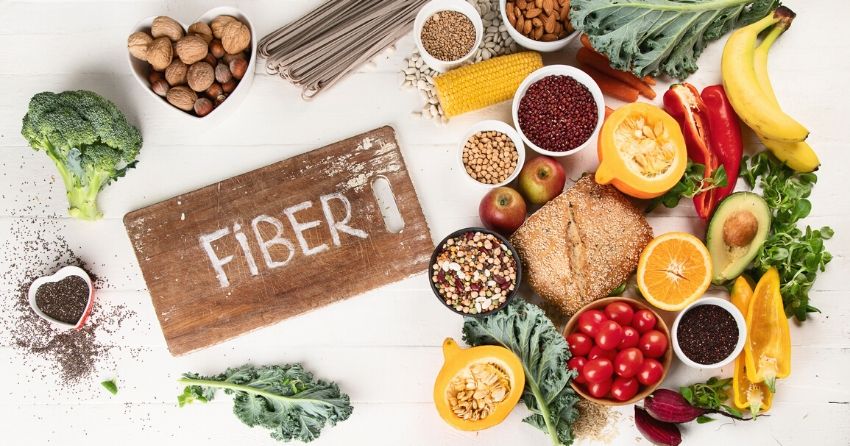Higher Fiber Consumption Linked to Lower Breast Cancer Risk

-
A meta-analysis of 20 observational studies found that women who had the highest fiber consumption had an 8% lower risk of breast cancer in both pre- and post-menopausal women.
-
Soluble fiber consumption had more of an impact than insoluble fiber; soluble fiber is found in beans, nuts, oats, apples, and berries.
This article was published on Wiley Newsroom:
Consuming a diet high in fiber was linked with a reduced incidence of breast cancer in an analysis of all relevant prospective studies. The findings are published early online in CANCER, a peer-reviewed journal of the American Cancer Society (ACS).
Because studies have generated inconsistent results regarding the potential relationship between fiber intake and breast cancer, Maryam Farvid, Ph.D., of the Harvard T.H. Chan School of Public Health, and her colleagues searched for all relevant prospective studies published through July 2019.
When the investigators pooled data from the 20 observational studies they identified, individuals with the highest consumption of fiber had an eight percent lower risk of breast cancer. Soluble fiber was associated with lower risks of breast cancer, and higher total fiber intake was associated with a lower risk in both premenopausal and postmenopausal women.
“Our study contributes to the evidence that lifestyle factors, such as modifiable dietary practices, may affect breast cancer risk,” said Dr. Farvid. “Our findings provide research evidence supporting the American Cancer Society dietary guidelines, emphasizing the importance of a diet rich in fiber, including fruits, vegetables, and whole grains.”
Importantly, the findings do not demonstrate that dietary fiber directly reduces breast cancer risk, and a randomized clinical trial is needed to test such cause and effect.





